 (Photo credit: Kerry Frei, who captured the sign which dear Cuzzin’ Zane made for us.)
(Photo credit: Kerry Frei, who captured the sign which dear Cuzzin’ Zane made for us.)
Dear WinkWorld Readers,
I have been wanting to share this video of Louise Rosenblatt, who years ago, gave us transactional literacy. I owe a huge thank you to Dr. Philomena Marinaccio of Florida Atlantic University, who created the video with Rosenblatt. Thank you, Mena!
I am finally posting this fabulous video, as I was recently in a discussion of transactional and transformational leadership programs. I have studied transactional literacy and transformational literacy for years so I listened carefully. I could see that others in the room had different understandings from mine.
As I understand it:
A transactional leadership model or program employs traditional rewards and punishments for performance. It is a reactive model that works best to preserve the status quo and develop the existing organizational culture and structure. After hearing this, I could see that Rosenblatt’s notion of transactional now had a very different meaning. So, I conducted a bit of research and asked several millennials what they thought transactional meant, and they shared negative connotations and definitions.
Obviously, the word, transactional, has morphed considerably.
A transformational leadership model employs enthusiasm and aspiration to proactively inspire change. Therefore, a transformational model is not looking for the one next big thing as much as opportunities to change an institution or an institutional culture from one based on bureaucracy to one based on innovation and group priority, not individual priority.
I can see that my understandings of transformational are aligned with this definition. For more about my undestandings of transformational, see Critical Pedagogy: Notes from the Real World
If you click on that book icon, you will note that it takes you to the Table of Contents, which has some live links.
Incidentally, I see today that Amazon has jacked up the price again. Sometimes, they sell it below the Pearson price, and sometimes they charge way too much. I do not understand. However, Pearson’s price remains the same, and that book is all over the web at various 2nd hand book sites.
The purpose of this blog post is to share this video Louise Rosenblatt and her notion of transactional literacy. Dr. Marinaccio-Eckel’s contact information can be found at the bottom of this post.
A video of transactional literacy and Louise Rosenblatt follows. (58 minutes)
The transcript of the interview.
MARINACC@fau.edu
And, as you can see Scruffy was able to go to the park and enjoy a little fresh air while reading a good book.
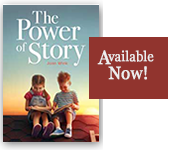
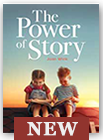
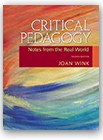
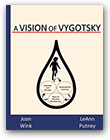

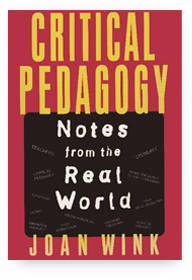
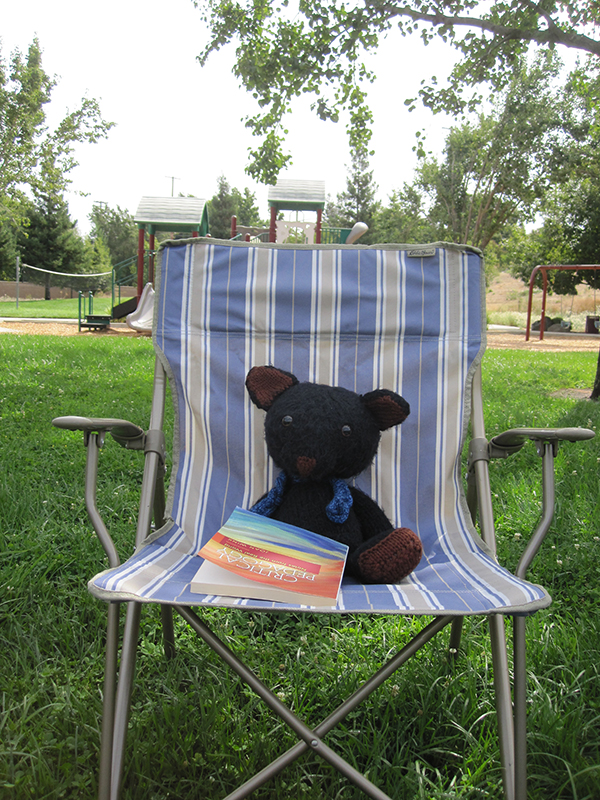

at 5:50 pm
Dr. Link, I would like to use the following quote in a newsletter that I write for our Ontario affiliate of Learning Forward. Your definition of critical pedagogy written I believe in the early 2000’s still rings true to me.
Thanks for thinking about this.
Why Does It Matter? • Why does critical pedagogy matter? Kids matter—that’s why. Our future matters—that’s why. It is as simple as that. …….We, in education, are a mirror of society. Critical pedagogy challenges our long-held assumptions and leads us to ask new questions, and the questions we ask will determine the answers we get. Critical pedagogy gives voice to the voiceless; gives power to the powerless. Change is often difficult, and critical pedagogy is all about change from coercive to collaborative; from transmission to transformative; from inert to catalytic; from passive to active. Critical pedagogy leads us to advocacy and activism on behalf of those who are the most vulnerable in classrooms and in society. • Wink, 2005, p. 165. Retrieved from: http://www.joanwink.com/scheditems/CP-050911-Part1.pdf
at 3:59 pm
Hello Beate, forgive me for not responding quickly. I simply goofed. Of course, you may use it, and thanks for the citation. What is your newsletter? I’d love to follow you. Thanks, Joan Wink